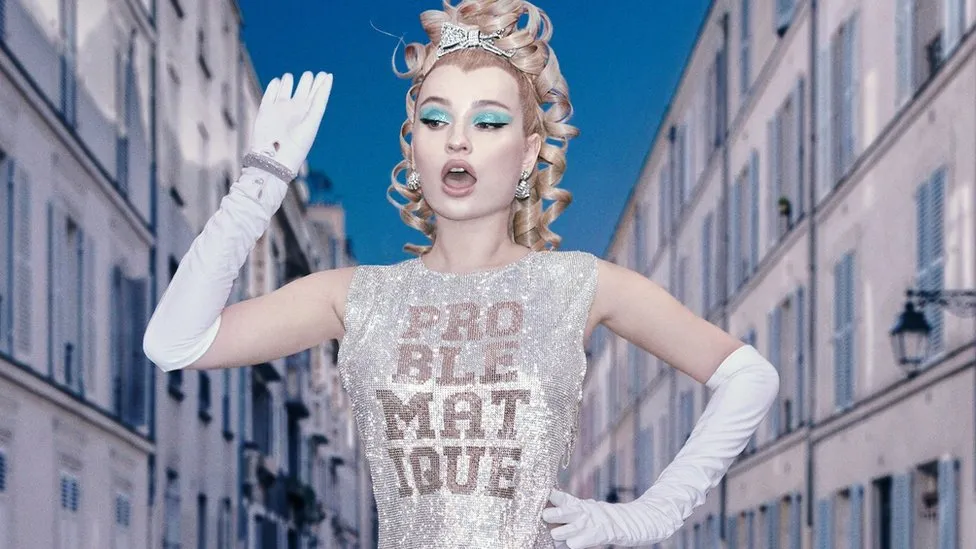Kim Petras Shares Insights on Sexual Liberation and TikTok Resistance
In a recent interview with the BBC, Kim Petras discussed her latest EP, “Slut Pop Miami,” describing it as an outrageous, sex-positive, and club-ready tribute to the joys of sensual pleasure. Released on Valentine’s Day, the EP draws inspiration from hedonistic trips to Miami and adds to a lineage of explicit and transgressive pop reminiscent of Madonna’s “Erotica” and Cardi B and Megan Thee Stallion’s “WAP.”
Petras, a German-born pop star, has experienced a surge in her career, marked by her appearance on Sam Smith’s global chart-topper “Unholy.” This achievement made her the first openly transgender artist to secure a US number one and the first trans artist to win a significant category Grammy. Despite her recent success, Petras emphasizes the years of hard work that preceded her breakthrough. She uploaded cover songs to MySpace in 2007, eventually moving to Los Angeles to pursue her dream of becoming a pop star.
The singer, known for her commitment to singing life and avoiding miming, reflects on her journey and the importance of vocal rest between shows. She attributes her strong voice to her upbringing, where she was exposed to various music, including diva singers like Freddie Mercury and Cher.
While many interviews about Petras focus on her gender transition, she underscores the significance of music in her life, serving as a happy place and a coping mechanism during her transition. Writing became her job, and she describes herself as an “Indiana Jones of music” on a quest to find the magic formula for pop.
Petras’ songs are characterized by their upbeat and escapist nature, contrasting the prevalence of sad and depressed themes in music. She explains that making happy or provocative songs requires just as much effort as writing a slow ballad, emphasizing that the absence of apparent hurt or pain in the creation doesn’t mean it’s not there.
The latest EP, “Slut Pop Miami,” explores themes of celebrating sex, and Petras believes it contributes to conversations about female sexuality. While acknowledging that the songs may seem lighthearted, she stresses that the underlying conversation is essential. The interview touches on various aspects of Petras’ career, including her preference for live singing, her thoughts on TikTok’s music removal amid royalty payment disputes, and her excitement about opening the Euro 2024 football tournament.
Overall, the interview provides insights into Kim Petras’ artistic approach, resilience, and evolving role in the music industry, contributing to the broader discourse around gender, sexuality, and creative expression.



















